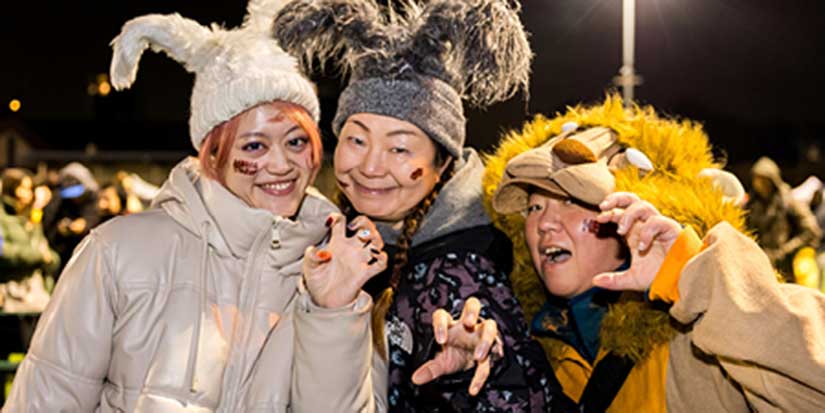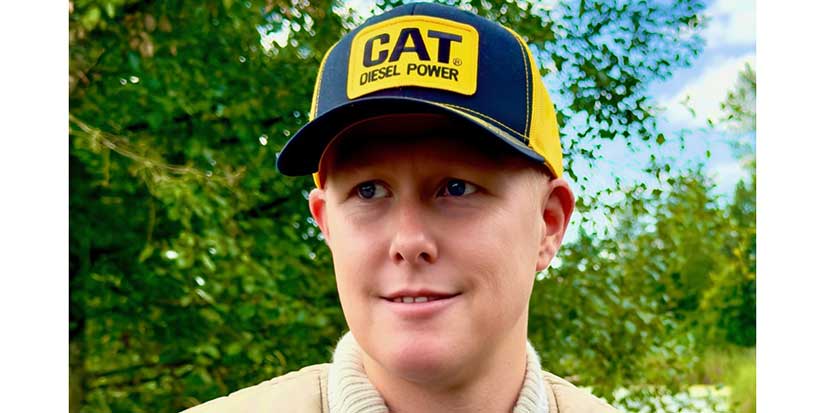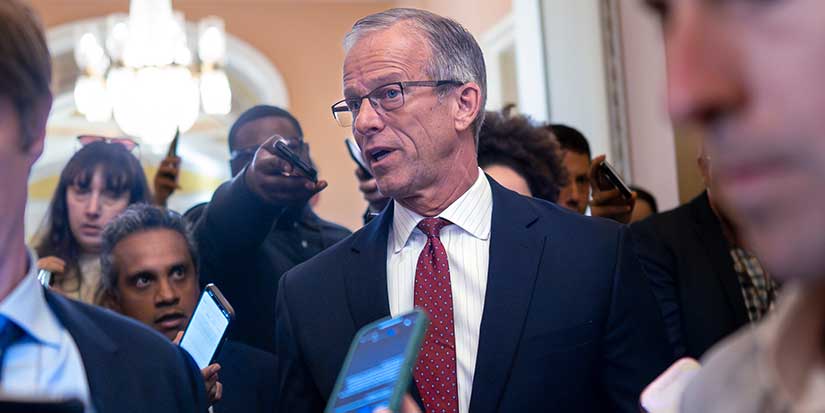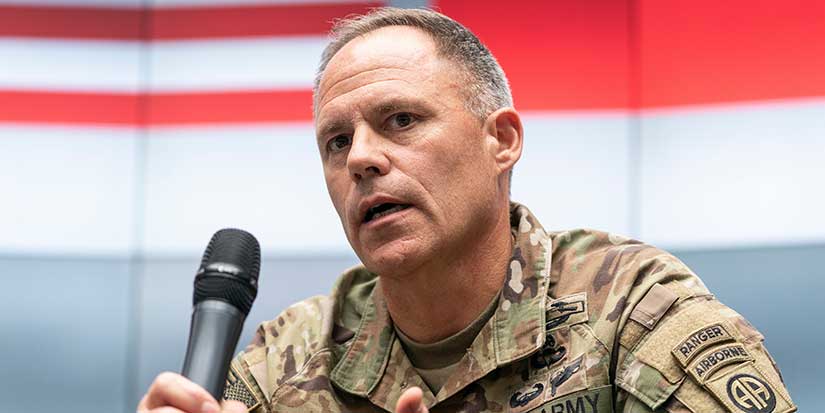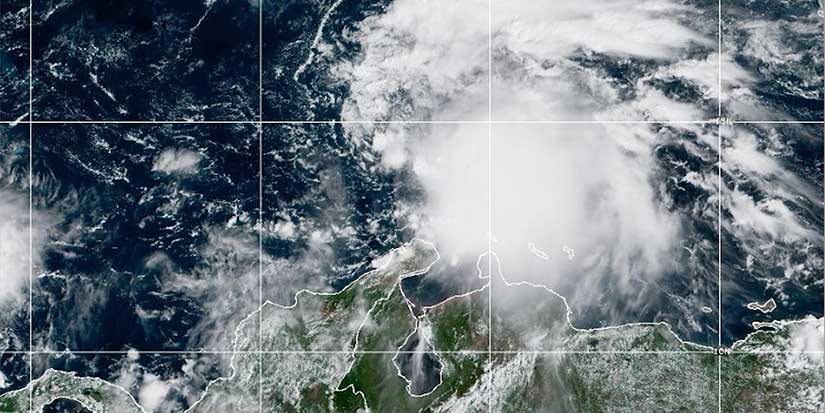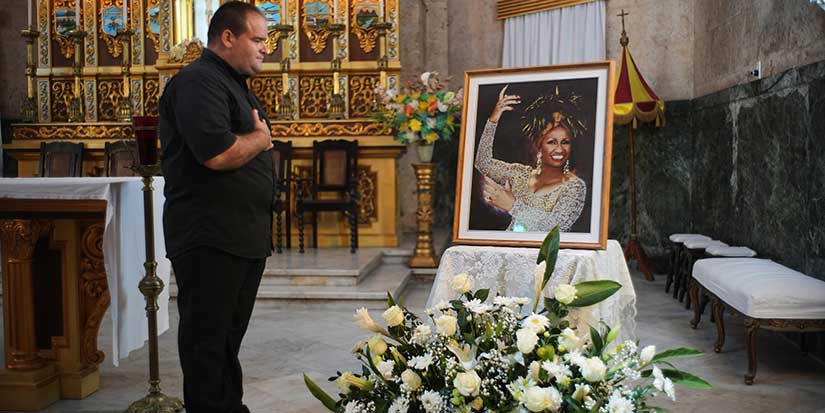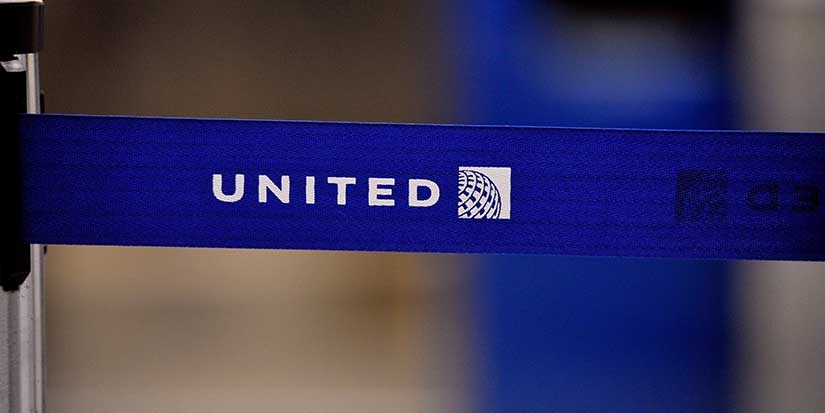National News
Auditor says military recruitment is falling behind, base housing is in bad shape
Published 11:01 PDT, Tue October 21, 2025
Last Updated: 12:51 PDT, Tue October 21, 2025
—
Many of the living spaces used by Canadian Armed Forces members at several bases are in "poor physical condition" and ripe for overcrowding, Auditor General Karen Hogan said in a report released Tuesday.
Hogan and her team examined living conditions on three Canadian Forces bases: Esquimalt in British Columbia, Gagetown in New Brunswick and Trenton in Ontario.
Hogan said the buildings her team inspected were aging and decrepit — the oldest dates back to the Great Depression — and 32 of 35 need at least one high-priority repair.
"That might mean that building didn't have safe drinking water … toilets weren't working, or there was structural damage to the exterior walls of the building," Hogan told a news conference after the report's release.
These are "the kind of conditions that you and I wouldn't want to live in, and the kind of conditions I don't think we should expect our Canadian Armed Forces to live in," she added.
The report said National Defence's own data suggests at least 25 per cent of its quarters need major repairs or do not meet operational needs. She also called out the department for failing to meet its own spending goals on infrastructure maintenance.
“We’re working actively to improve all of that,” Defence Minister David McGuinty said when, after the report’s release, a reporter asked him if he would live in base housing.
“We made the single largest investment in Canadian Armed Forces in a generation. We’ve made major pay increases ... part of the package to recruit and retain young soldiers.
“This is long overdue. For decades now, governments successively have not been making the investments we need to make in our armed forces.”
McGuinty also acknowledged problems with lead in some of the base housing water systems.
"We have work to do," he said.
The audit looked at living quarters managed by individual bases and houses managed by the Canadian Forces Housing Agency.
The audit said the agency does not have enough housing units to meet the military's needs — just as the Canadian Armed Forces is looking to add more than 6,000 new members by April 2029.
The military had just 205 residential housing units available in the spring, with 3,706 applicants on waiting lists.
Discussion groups Hogan's office arranged with service members also heard from many who were unhappy with a 2024 policy change that gives new recruits priority access to the available residential housing stock.
It found National Defence did not evaluate the potential impacts of the policy change and whether it could undermine efforts to retain longer-serving members.
“Given the number of new members that need to be added to bring the Canadian Armed Forces up to full strength and the fact that the stock of residential housing units did not grow substantially during the past two fiscal years, there is a risk that longer-serving members will be at a lower priority for residential housing units,” the report said.
In a separate report on recruitment, Hogan said the military is not bringing in enough new people to meet its operational needs — and National Defence doesn't always know why potential recruits ultimately abandon their applications.
"The Canadian Armed Forces continued to have challenges attracting and training enough highly skilled recruits to staff many occupations such as pilots and ammunition technicians," Hogan said.
Only one out of every 13 Canadians who applied online to join the armed forces over the three year audit period was successfully recruited, the auditor general reported.
The CAF received 192,000 online applications from 2022 to 2025, but 54 per cent of applicants voluntarily withdrew within two months of applying.
The military has committed to recruiting more permanent residents. While the number of permanent resident recruits did increase over the audit period, only 2 per cent of permanent residents who applied were recruited, compared to 10 per cent of applicants who were Canadian citizens.
The CAF's target timeline for recruitment is between 100 and 150 days. The audit found the recruitment process actually takes twice as long, and the security screening backlog increased over the three-year audit period from 20,000 to nearly 23,000 potential recruits.
The Canadian Armed Forces sought to bring in more than 19,700 new recruits over the course of the audit period, but fell short by 4,700.
McGuinty defended his department, saying National Defence has made strides in overhauling its recruitment system over the past year.
The military did surpass its recruitment target in the last fiscal year by 210 people.
But the report warns it doesn't have the capacity to train everyone it brings in if it also meets its recruitment targets.
That pressure has forced the CAF to hire temporary instructors. The audit warns future training is in jeopardy due to a training instructor shortage likely caused by "insufficient incentives and a demanding workload," combined with persistent equipment shortages.
– Kyle Duggan, The Canadian Press
















